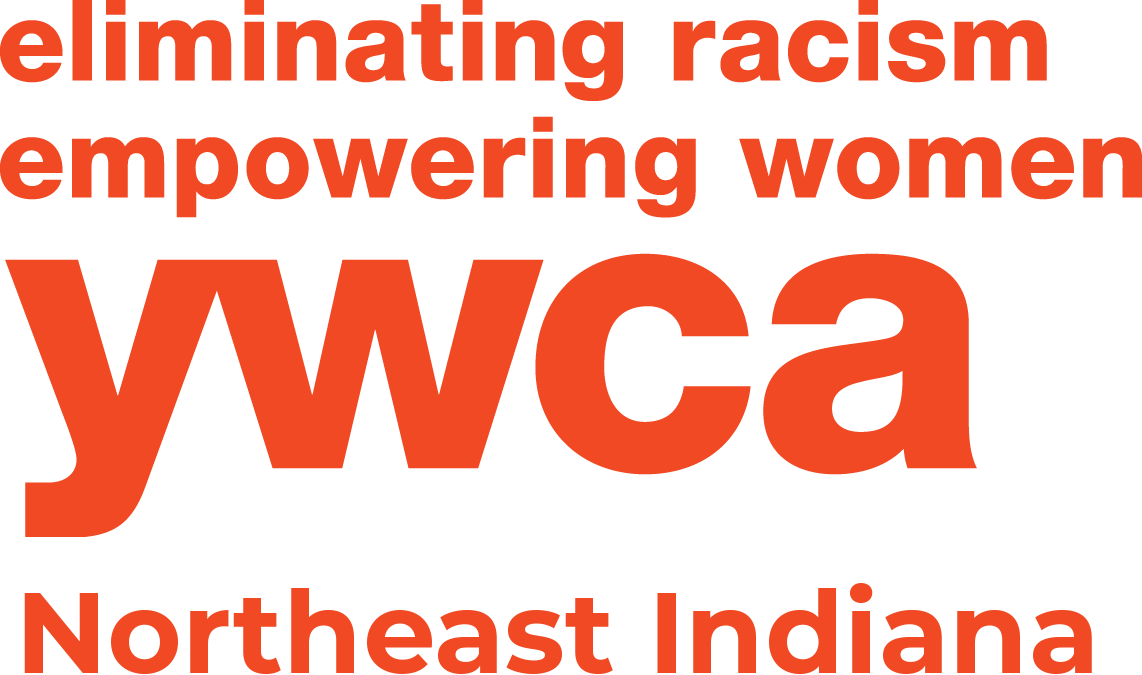On May 25th, the death of George Floyd at the hands of police sparked waves of protests, activism, and social media posts. Americans raised signs, generated posts, and shouted “Black Lives Matter” across the streets and throughout social media channels, and the momentum has continued throughout July.
For a non-black person, seeing the waves of support for Black Lives Matter can cause either a small, or maybe large, amount of indignation. Why is my race not being represented? Why are the ways I’m discriminated against not discussed? Doesn’t my life matter? “All Lives Matter” can feel like an appropriate response. After all, we’re often encouraged to be inclusive of everyone. Shouldn’t we stand together against anti-black racism?
Yes. But the way to stand together against anti-black racism is not by proclaiming “all lives matter.” Here are two reasons to stand with the Black Lives Matter movement.
- “When Black people get free, everyone gets free.”
Alicia Garza, one of the three founding women for Black Lives Matter, describes in an article for The Feminist Wire why the focus should be kept on black lives within Black Lives Matter:
When we are able to end hyper-criminalization and sexualization of Black people and end the poverty, control, and surveillance of Black people, every single person in this world has a better shot at getting and staying free. When Black people get free, everybody gets free. This is why we call on Black people and our allies to take up the call that Black lives matter. We’re not saying Black lives are more important than other lives, or that other lives are not criminalized and oppressed in various ways. We remain in active solidarity with all oppressed people who are fighting for their liberation and we know that our destinies are intertwined (2014).
Taking the “black” out of Black Lives Matter distorts the point of the movement. Black Lives Matter is a movement organized to focus on the systemic injustice experienced by black people. When we eliminate injustices for the people most vulnerable based on historic and continued discrimination, we reduce injustice for everyone.
2. It’s triage.
In an article for Prospect, Arianne Shahvisi writes, “Saying ‘All Lives Matter’ violates the concept of triage in medical ethics, which demands that we address the most troubling or life-endangering issues first” (2020).
Black Americans made up 33% of the incarcerated population in the United States in 2018, while only being 12% of the total US population (Pew Research, May 2020). Black Americans are almost five times more likely than white Americans to say that they have been stopped unfairly by the police because of their race or ethnicity (Pew Research, June 2020).
In 2018, the median household income for black Americans was 61% of the median income for white American households (Pew Research, Feb 2020). Three out of four communities that were labeled “hazardous” (redlined) by the United States’ Home Owner’s Loan Corporation 80 years ago still struggle economically today. These neighborhoods were labeled “hazardous” based on the number of non-European, non-white folks living in the area; today, these neighborhoods are still occupied principally by folks from minority groups (Washington Post 2018).
Summing It Up
Beyond facts and statistics about the situation of black Americans, a simple metaphor can suffice to explain why “all lives matter” doesn’t work as a response to “black lives matter.” If you have two children and one of them has the flu, you will give more attention and care to the sick child over the healthy child. Both children matter to you, but the sick child needs the immediate attention.
The higher rates of incarceration, poverty, police brutality, and general discrimination faced by black people mean that the situation of black people demands and necessitates our immediate attention.
Affirming “Black Lives Matter” doesn’t mean that you are liberal or conservative or that other lives and experiences don’t matter. To affirm Black Lives Matter is to stand with friends and family who are hurting and rightly demanding attention to injustice that has been avoided and ignored for too long.
Take Action
Engage friends and family in discussions about race off of social media. Tread lightly and gently, with the goal of discussion rather than debate. Maybe bring up a book, movie, or post you have recently watched or read as a way of opening dialogue.
Explore facts and statistics about black Americans from the Pew Research Center: https://www.pewresearch.org/search/black+americans
Listen to black voices speak about their experiences.
- How to raise a black son in America (5 min. TED Talk by Clint Smith)
- Damon Davis: Courage is contagious | TED Talk (5 min. TED Talk by Damon Davis)
Sources
Desilver, Drew, Lipka, Michael, and Dalia Fahmy. “10 Things We Know About Race and Policing in the U.S.” Pew Research Center, 3 June 2020, https://www.pewresearch.org/fact-tank/2020/06/03/10-things-we-know-about-race-and-policing-in-the-u-s/
Garza, Alicia. “A Herstory of the #BlackLivesMatter Movement by Alicia Garza.” The Feminist Wire, 7 October 2014, https://www.thefeministwire.com/2014/10/blacklivesmatter-2/
Gramlich, John. “Black Imprisonment Rate Has Fallen By A Third Since 2006.” Pew Research Center, 6 May 2020, https://www.pewresearch.org/fact-tank/2020/05/06/black-imprisonment-rate-in-the-u-s-has-fallen-by-a-third-since-2006/
Jan, Tracy. “Redlining was banned 50 years ago. It’s still hurting minorities today.” The Washington Post, 28 March 2018, https://www.washingtonpost.com/news/wonk/wp/2018/03/28/redlining-was-banned-50-years-ago-its-still-hurting-minorities-today/
Horowitz, Juliana Menasce, Brown, Anna, and Kiana Cox. “Race in American 2019.” Pew Research Center: Social and Demographic Trends, 9 April 2019, https://www.pewsocialtrends.org/2019/04/09/race-in-america-2019/#majorities-of-black-and-white-adults-say-blacks-are-treated-less-fairly-than-whites-in-dealing-with-police-and-by-the-criminal-justice-system
Schaeffer, Katherine. “6 Facts About Economic Inequality in the U.S.” Pew Research Center, 7 February 2020, https://www.pewresearch.org/fact-tank/2020/02/07/6-facts-about-economic-inequality-in-the-u-s/
